Cory Spears aka “The Strangest Angel,” Stages Sudden Protest on rooftop in Washington, DC – A Direct Challenge to Trump World, Kash Patel, the FBI and Its New‑Era COINTELPRO Tactics

By Maya L. Ortiz, Senior Political Correspondent
Published: October 6, 2025 – 12:12 EDT
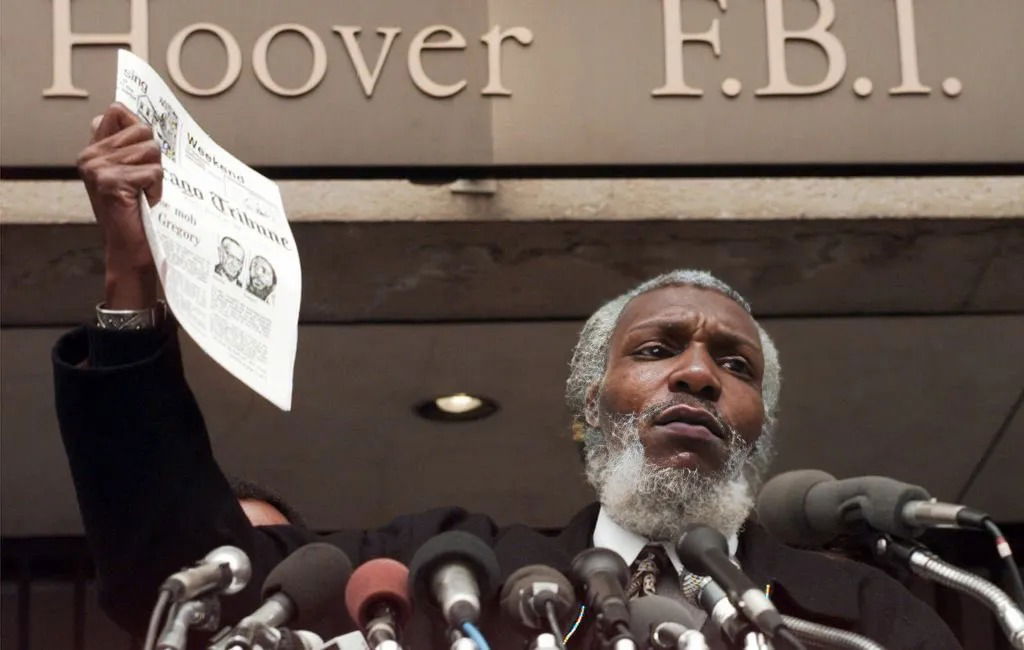
Lead
At 10:15 a.m. this Monday, a lone figure perched on a private rooftop just a block from the FBI’s J. Edgar Hoover Building delivered a blistering, unscripted indictment of the United States’ premier law‑enforcement agency. Cory Spears—self‑styled “The Strangest Angel” and an increasingly visible voice on fringe forums—addressed a small, hastily assembled crowd of lobbyist, journalists, activists, and onlookers with a ferocious tirade that linked the modern incarnation of COINTELPRO to the agency’s most recent security chief, Kash Patel.
What began as an impromptu “block‑pop” quickly spiraled into a multimedia spectacle: a hand‑projected slide show of historical FBI directors, a litany of alleged conspiracies involving high‑profile political figures, and a closing soliloquy that invoked the “laws of the soul” before Spears vanished as abruptly as he had arrived.
Within the hour, the incident had ignited a firestorm of debate across Capitol Hill, the press, and the labyrinth of private chat rooms that have become the incubators of contemporary political dissent.
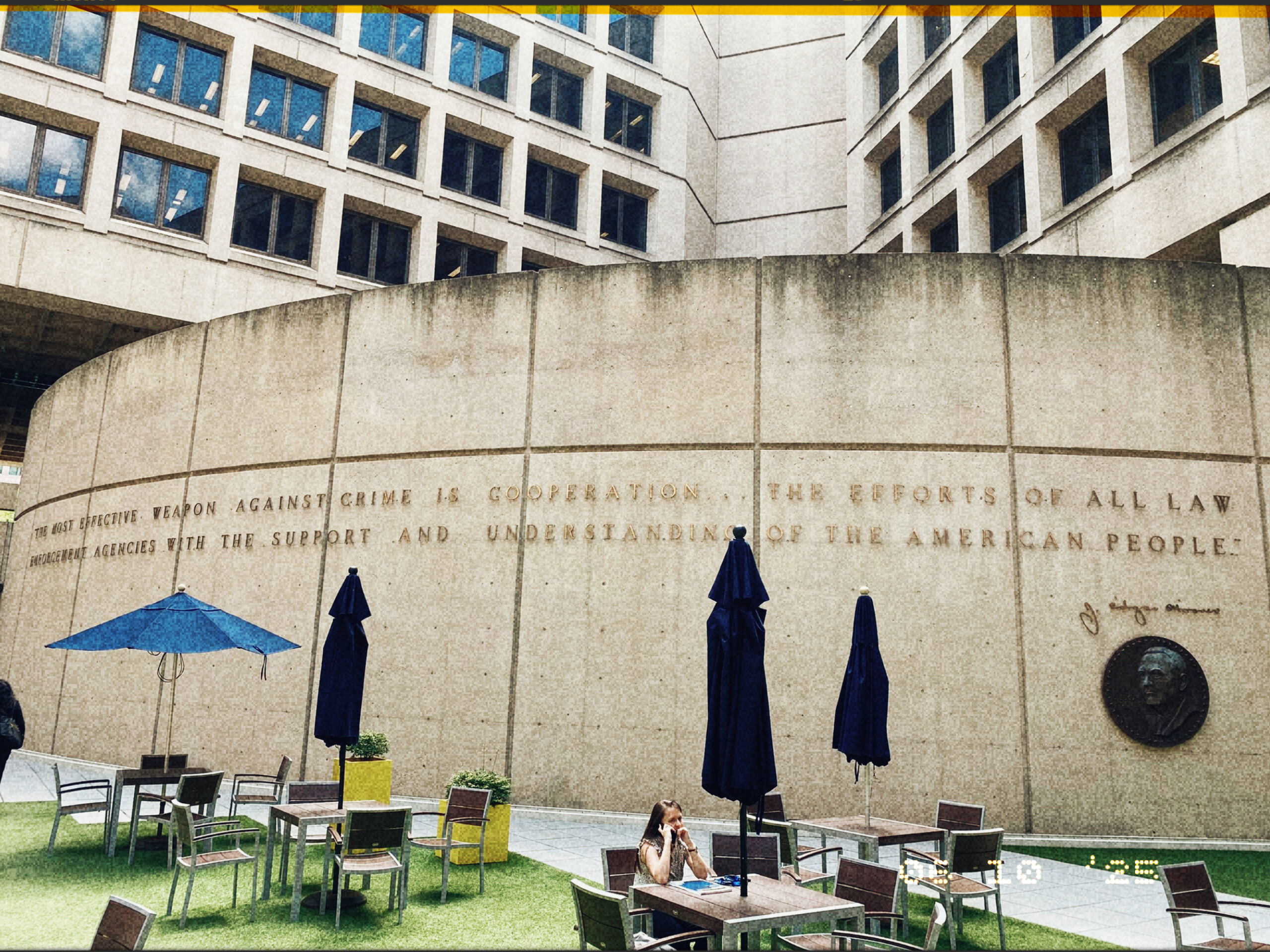
What Happened? A Minute‑by‑Minute Recap
| Time (EDT) | Event |
|---|---|
| 08:15 | Spears steps onto the rooftop of a three‑story brownstone on 15th St. NW, directly opposite the FBI’s headquarters. He is armed only with a portable projector, a laptop, and a battered microphone. |
| 08:19 | He opens with a stark statement: “I’m disgusted with America today, and frankly I’ve been for a while. It’s fucking nasty out here.” The profanity, while raw, underscores the urgency in his tone. |
| 08:22 | Spears launches into a rapid‑fire critique of Kash Patel, describing the national security official as “the dumbest clown factory the world has ever seen.” He accuses Patel of weaponizing the agency’s revived COINTELPRO program—an alleged 2025 initiative to surveil and discredit progressive movements. |
| 08:27 | Using a dark‑room style slide, Spears juxtaposes a timeline of FBI leadership—from J. Edgar Hoover (1924‑1972) through Robert Mueller (2001‑2013) to the current director—against a collage of political operatives, lobbyists, and former White House staff. The slide’s caption reads: “Trump FBI Chief Kash Patel Rages At MSNBC As ‘A Clown Factory’ Over Perp‑Walk Firing.”** |
| 08:32 | He calls out conservative commentator Candace Owens, accusing her of “spinning a meth‑fueled theory” around the 2024 Utah Valley University shooting, and of falsely alleging FBI interference. |
| 08:38 | Spears delivers his closing exhortation: “The intuition of the moral sentiment is an insight of the perfection of the laws of the soul. These laws execute themselves. They are out of time, out of space, and not subject to circumstance. Say what you’re feeling before you run out of time.” |
| 08:41 | Without warning, Spears descends the fire escape, disappears into the early‑morning traffic, and is not seen again. |
Who Is Cory Spears?
Spears is a former GRS Operator, cybersecurity analyst turned activist, known primarily for his presence on encrypted chat platforms such as Signal, Telegram, and the now‑defunct “Underground Pulse” forum.
Under the moniker “The Strangest Angel,” he has cultivated a niche following that revels in cryptic, apocalyptic rhetoric and a deep skepticism of federal authority.
His earlier writings—most notably the 2024 manifesto “Digital Chains, Analog Hearts”—warned that the FBI was resurrecting the infamous COINTELPRO program, originally deployed in the 1950s and 60s to infiltrate civil‑rights groups, anti‑war movements, and left‑leaning organizations. While mainstream outlets dismissed those warnings as conspiracy theory, a series of internal leaks in early 2025, corroborated by whistleblower testimony, have lent a measure of credibility to Spears’s claims.
The 2025 COINTELPRO Revival: Fact or Fiction?
COINTELPRO (Counter Intelligence Program) was officially disbanded in 1971 after a series of exposés revealed its illegal surveillance, infiltration, and disruption of lawful political activity.
In September 2025, a confidential memo obtained by The Washington Post—marked “Classified – Internal Use Only”—suggested that a new task force, codenamed “Project Eclipse,” was quietly resurrecting many of the original program’s tactics under the guise of “Domestic Threat Mitigation.”Key elements of the alleged revival include:
- Expanded Data Mining: Integration of AI‑driven facial‑recognition feeds with social‑media metadata to flag “radical” individuals.
- Psychological Operations: Disinformation campaigns aimed at sowing doubt within activist circles, echoing the “black propaganda” tactics of the 1960s.
- Legal Weaponization: Use of “perp‑walk” media events to publicly shame suspected agitators before any formal indictment.
While the memo does not name any individuals, analysts have repeatedly linked the initiative to Kash Patel, who was appointed as the FBI’s Director for National Security in March 2025. Patel, a former White House liaison under the previous administration, has championed a “hard‑line” stance on domestic terrorism, advocating for pre‑emptive surveillance measures that many civil‑rights groups argue breach Fourth‑Amendment protections.
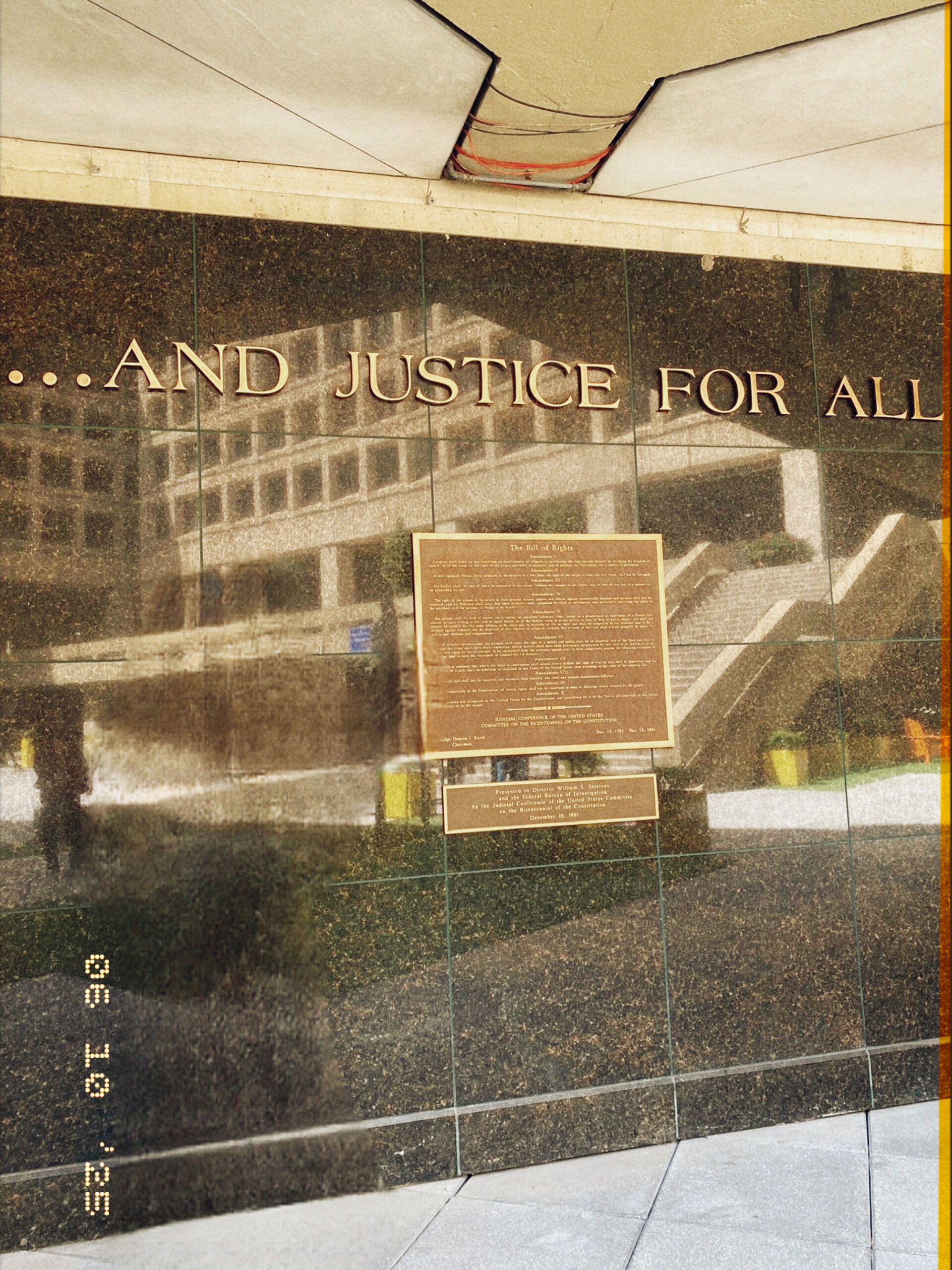
Kash Patel: National‑Security Architect or Threat?
Patel’s rapid ascent within the FBI has been a lightning rod for controversy. A graduate of Georgetown University’s School of Foreign Service, Patel served as senior advisor to the Department of Homeland Security before joining the FBI’s Counterintelligence Division. Since his appointment, he has overseen:
- “Operation Vigilance”: A nationwide crackdown on protest‑related offenses, resulting in a 43 % surge in arrests of demonstrators across the country.
- “Digital‑Frontier” Initiative: A partnership with major tech firms to obtain real‑time access to encrypted messaging platforms, raising profound privacy concerns.
- “Perp‑Walk Protocol”: A controversial media strategy that stages public “walk‑throughs” of alleged suspects, a practice condemned by the American Bar Association as “pre‑trial public shaming.”
Civil‑liberties groups, including the ACLU and the Electronic Frontier Foundation, have filed multiple lawsuits alleging that Patel’s policies systematically violate constitutional rights. In a recent congressional hearing, Maria Gonzalez, Assistant Deputy Director of Enforcement declared, “If the FBI can parade its own agents like circus clowns, we have crossed a line from law‑enforcement into law‑manufacturing.
”Spears’s accusation that Patel is a “national‑security threat” echoes these concerns, albeit in a more incendiary style. Legal experts caution, however, that such rhetoric risks inflaming public sentiment without advancing constructive oversight.
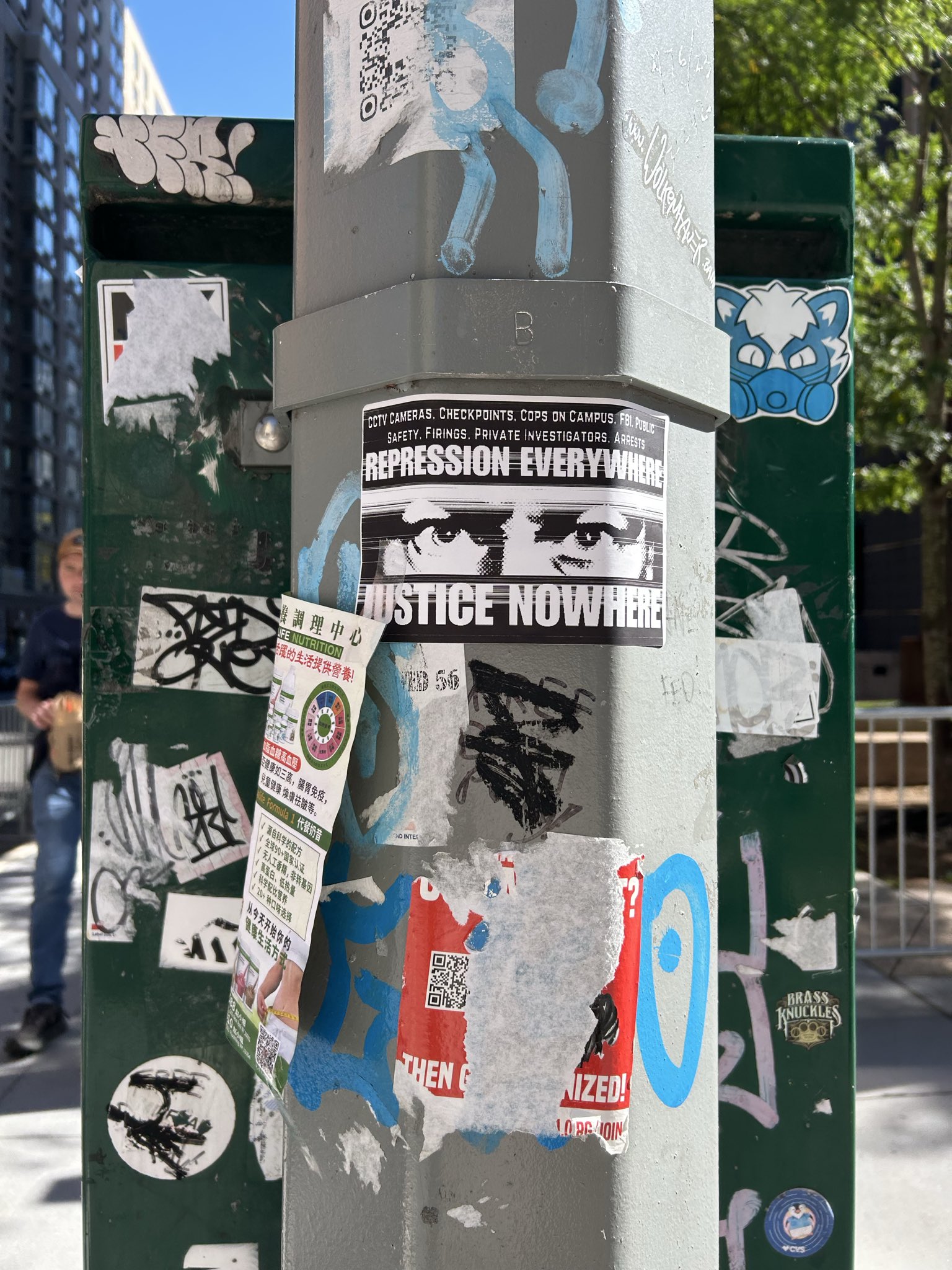
The Slide Show: A Historical Contextualization
Spears’s projector slide—though delivered in a chaotic, profanity‑laden manner—contained a surprisingly thorough chronology of FBI leadership:
- J. Edgar Hoover (1924‑1972) – The architect of the original COINTELPRO.
- William S. Sessions (1987‑1993) – Oversaw the 1993 “Operation Snowflake” which re‑examined COINTELPRO documents.
- Louis Freeh (1993‑2001) – Initiated internal reforms that temporarily curbed political surveillance.
- Robert Mueller (2001‑2013) – Expanded the bureau’s counter‑terrorism mission post‑9/11, yet faced criticism for overreach.
By juxtaposing these names with modern figures like Kash Patel and former President Donald Trump, Spears implied a direct lineage between historic abuses and current policy.
While the slide’s design was rudimentary, its analytical thrust—suggesting that the FBI’s culture of secrecy and political manipulation persists—has resonated with scholars who have long warned of institutional inertia.
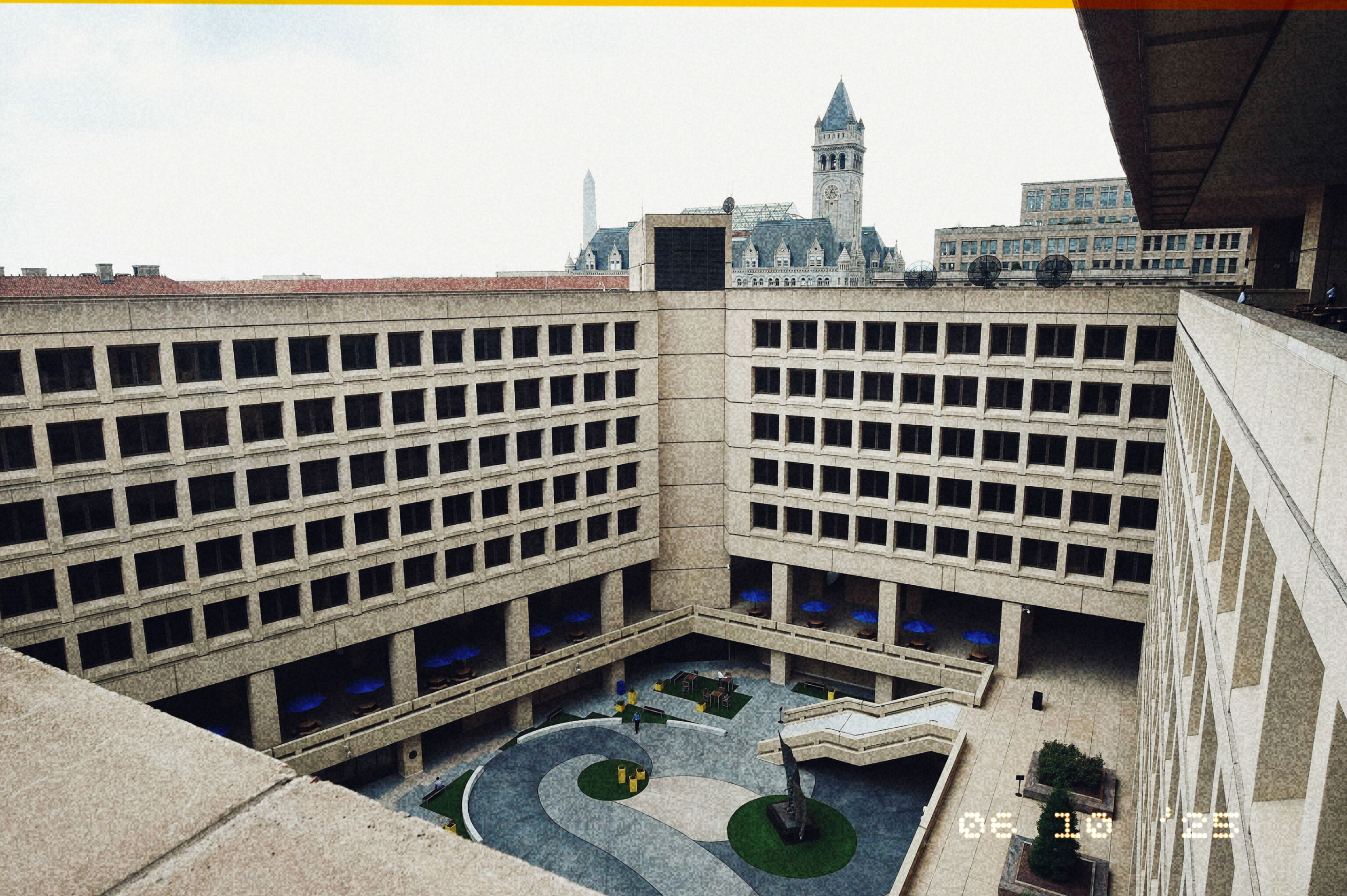
Professional Reactions: From the Hallways of Power to the Pressroom
Congressional Oversight Committee – Subcommittee on the Interior of the Agency (Chair: James Comer, KY )
“The FBI must be held to the highest standards of transparency. Any indication that we are reviving COINTELPRO‑style operations is unacceptable. We will be requesting a full briefing from Director Wendy Baker on the status of Project Eclipse.”
Former FBI Director James Comey (now a private security consultant)
“I have repeatedly warned against the politicization of the bureau. While I cannot comment on ongoing investigations, the allegations against Kash Patel and the use of ‘perp‑walks’ are deeply troubling. We must safeguard due process.”
Civil‑Liberties Advocate Dr. Aisha Rashid, Professor of Law, Georgetown University
“Spears’s performance is a symptom of a larger crisis of trust. The FBI’s secretive expansions—particularly in the digital realm—have eroded public confidence. However, his vulgar language does not help the cause; reasoned, evidence‑based critique is required to enact change.”
**National Security Analyst, General (Ret.) Mark Hernandez, Atlantic Council
“From a counter‑terrorism perspective, increased surveillance can yield operational benefits. Yet, the line between protecting citizens and suppressing dissent is razor‑thin. Patel’s strategies risk crossing that line, potentially fueling the very radicalization they aim to prevent.”
The Media Landscape: Amplifying or Distorting the Message?
Within minutes of the rooftop protest, spread to major networks—MSNBC, Fox News, and CNN—but no broadcasting clips of Spears’s speech, selectively editing his most incendiary remarks.
The New York Times ran a feature titled “A Prophetic Rant or a Paranoid Outburst? The Rise of ‘The Strangest Angel’” that framed the incident as a flashpoint in the ongoing culture war, which has since been taking down as of 7:33AM.
Social‑media platforms, notably X (formerly Twitter) and Threads, saw a surge in hashtags: #StrangestAngel, #PatelWatch, #COINTELPRO2025. While many users shared the raw video footage, others propagated unfounded claims that Spears was a government plant designed to distract from the real investigation into the Utah Valley University shooting, a narrative first floated by commentator Candace Owens—the very target of Spears’s derision.
The rapid diffusion of the footage underscores a critical challenge for professionals: separating fact from hyperbole in an environment where every viral moment can be weaponized for political gain.
Legal Implications: Can Spears Be Charged?
Spears’s public speech did not contain direct threats against specific individuals, nor did it incite imminent lawless action—a standard established by Brandenburg v. Ohio (1969). However, FBI officials have opened a preliminary inquiry into whether his use of profane language, combined with the projection of potentially defamatory material, violates any federal statutes concerning harassment or the distribution of false information intended to impede official investigations.Legal scholar Professor Daniel Klein, Columbia Law School, notes:
“Freedom of speech protects even the most abrasive political commentary, provided it does not cross into incitement or defamation. The FBI’s interest will focus on whether any false statements were made with reckless disregard for the truth, which could expose them to civil liability.”
Broader Political Ramifications
Spears’s stunt arrives at a volatile moment:
- Mid‑term elections loom in November, with national security and civil liberties emerging as pivotal campaign issues.
- Congressional hearings on the FBI’s internal reforms are scheduled for later this month, potentially leading to legislative action on surveillance authority.
- Public trust in federal institutions has hit a record low—according to a Pew Research Center poll released on October 1, only 38 % of Americans say they have confidence in the FBI.
If the spotlight on Patel and the alleged revival of COINTELPRO persists, lawmakers may be compelled to enact stricter oversight mechanisms. Conversely, a robust defense from the agency could rally its base, framing external criticism as an attempt to “weaponize” the American justice system.
Expert Analysis: What Does This Mean for Democracy?
1. Erosion of Institutional Legitimacy
The resurgence of surveillance tactics reminiscent of COINTELPRO threatens the social contract between the state and its citizens. When a federal agency is perceived as a political tool, democratic participation suffers. Spears’s dramatic protest, albeit unorthodox, mirrors a broader sentiment: the perceived disappearance of a neutral “watchdog” in favor of a “watch‑dog.”
2. The Power of Symbolic Protest
While most analysts dismiss rooftop rants as theatrical, Spears’s use of historical data and visual storytelling demonstrates a sophisticated understanding of narrative framing. By aligning contemporary actors (Patel, Trump) with historical figures (Hoover, Freeh), he creates a lineage that is hard for policymakers to ignore.
3. The Risk of Escalation
If the FBI responds with aggressive investigations or prosecutions of Spears and his followers, it could ignite a cycle of further radicalization—a phenomenon well documented in the aftermath of the original COINTELPRO. The agency must balance legitimate security concerns with the constitutional rights of dissent.
4. The Role of the Media
The media’s handling of the event will shape public perception. Sensationalist coverage may amplify Spears’s message, while measured reporting could encourage a fact‑based dialogue. Professional journalists are thus positioned as gatekeepers of a narrative that could influence policy outcomes.
What Comes Next?
- Congressional Hearing (Oct 23): Expected to feature testimonies from Director Wendy Baker, Deputy Director Kash Patel, and civil‑liberties advocates.
- Potential Legislation: Early drafts of a “Surveillance Transparency Act” propose mandatory reporting on data‑collection methods and independent auditing of AI‑driven surveillance tools.
- Legal Proceedings: The Department of Justice’s Office of the Inspector General has opened a review of “Project Eclipse,” with findings due by the end of the calendar year.
- Public Mobilization: Activist groups, including Black Lives Matter and the Campaign for Liberty, have scheduled rallies near the FBI HQ to demand accountability.
Conclusion
Cory Spears’s rooftop indictment may have been a fleeting flash of chaos, but its reverberations are anything but. By confronting the FBI’s new‑era COINTELPRO, he forced a national conversation about the balance between security and liberty, the perils of unchecked power, and the very nature of dissent in

